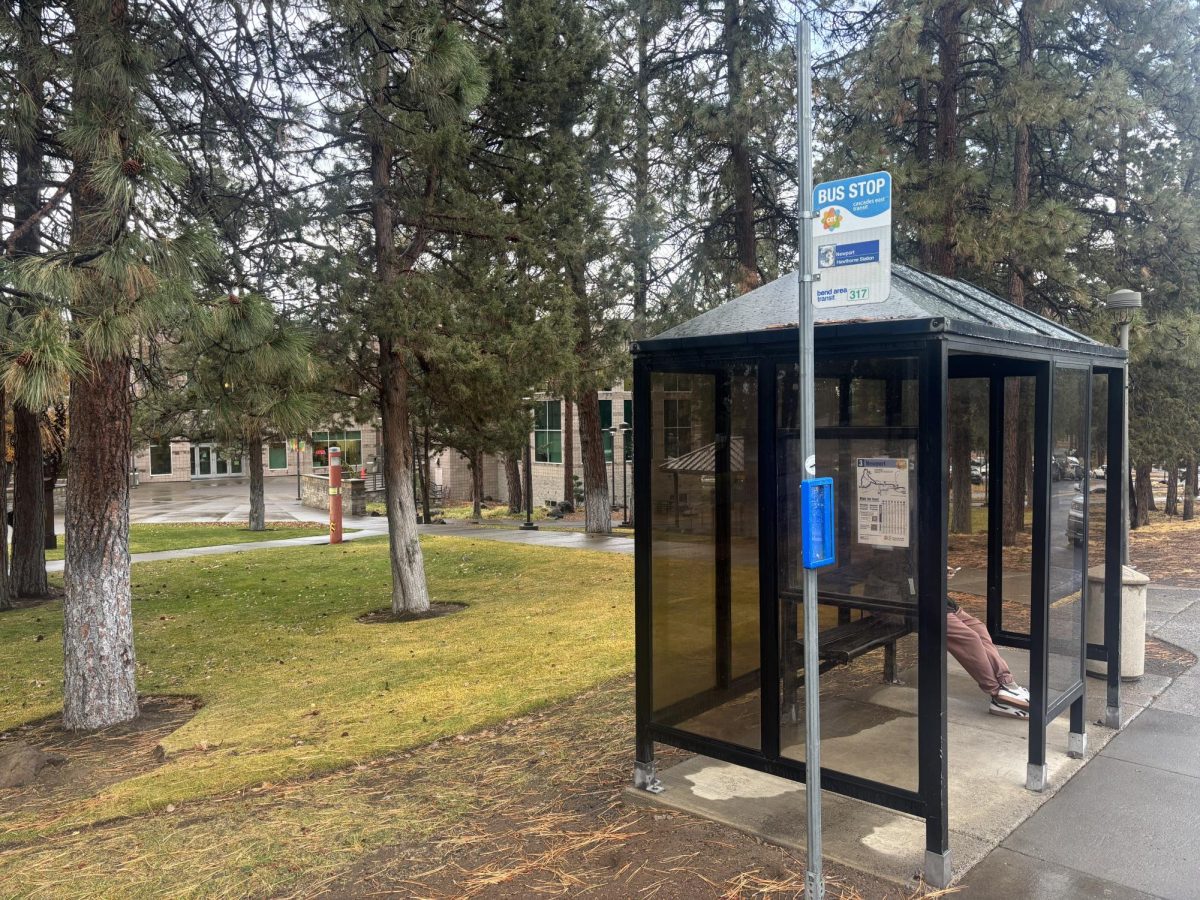As book bans continue to pervade conservative parts of the country, Oregon’s State Senate has taken the opposite stance and voted to pass Senate Bill 1583, which would essentially ban book bans, ensuring printed works stay available for those who want or need them.
The Democrat backed bill passed on partisan lines but did not make it out of the House during this year’s short legislative session that ended earlier this month.
A bill like this is vital to the protection of diverse thought in schools, allowing students access to representation and educational information they may not have access to elsewhere, and should move forward for approval when the legislature next convenes.
Though the bill is dead, the topic is expected to make a return when the house convenes for its next session in 2025. Rep. Emerson Levy recently spoke with this editorial board, along with editors from The Bulletin and The Redmond Spokesman, about the recent session.
According to PEN America, a nonprofit organization that tracks book bans across the country, the 2022-2023 school year saw close to 3,400 attempts to ban books across the nation. In Oregon there were 93 instances of literary works that saw scrutiny.
In Canby, Ore. alone, 37 books were temporarily pulled from shelves. These works were pulled before a review process finished assessing their contents, during which all titles were inaccessible to students.
While it may seem minute to some, to the child or teenager struggling to find a place in the world or forming their identity, removing access to these books can be detrimental.
According to the nonprofit, most challenged books center around LGBTQ+ characters or themes, race and racism, sexual health and identity, or feature protagonists that are characters of color. Many of the titles are written by LGBTQ+ authors or authors of color and come under scrutiny for being “too mature” or “inappropriate” for younger readers.
This is a disservice to K-12 students in Oregon, who have differing interests and literary needs.
Thirteen of the 37 books that were reviewed by the Canby School District include themes of race and homosexuality.
Emily O’Neil, chair of the Intellectual Freedom Committee of the Oregon Library Association, reminded the Senate in her testimony that, “It is not your role to say to your members of your community what they can and cannot think, what they can and cannot learn, and what they can and cannot read, regardless of age. Only a parent can do that, for their own minor children. To allow for these censorship and discrimination tactics to continue (especially for protected classes), you open the school system up to legal concerns, as well as further aggression tactics. It also says to those you serve that you believe you know better than they do as to what they can learn, think and read.”
Students should have access to ideas and information that expose them to perspectives outside of their own lived experiences. Books provide insight into students’ own developing identities and should be available, even under review, until a decision is made.
These books may be some of the only resources that students have when searching for something they can relate to or help them gain a deeper understanding of the history of marginalized groups throughout the US.
This is especially important for those who have to hide who they are, even at home, which can be a common occurrence in conservative areas. For LGBTQ+ students in these areas, having access to queer characters and representation can make them feel seen, less alone and part of the world.
Students in predominantly white parts of Oregon need books by people of color, that feature characters of color, to expand a perspective they may not get otherwise.
Senator Art Robinson, R-Cave Junction, opposed and attempted to amend the bill, proposing a task force that would oversee the book banning process and establish standards for age-appropriate curriculum and limit books that “contain graphic violence, are sexually explicit, contain vulgar language or lack literary merit or educational value.”
Another Senator in opposition of the bill, Minority Leader Tim Knopp, R-Bend, said the bill would encroach on parental rights and local school board control.
Knopp told the Senate that “Oregon should take a little more time and make sure the values of the community are being respected.”
Republican opposition painted SB 1583 as trying to eliminate parental rights and local control when in reality it just builds on discrimination laws that already protect marginalized groups. It would ensure these books remain available to those who want to read them.
None of the books that are being called into question are required readings, meaning students only read them if they seek them out.
“Parents still, under this bill, will have the right to make decisions about their own children and promote their own personal values about what they want their children to read or not read,” said Senator Elizabeth Steiner, D-Portland.
Though some books may not be suited for all education levels, banning a title merely because one or two parents disagree with the subject matter does a disservice to the students who may need them.
While it is unfortunate that a bill like SB 1583 did not pass the House in 2024, we were encouraged to see the Oregon Senate fight back against conservative regression. We hope the state will take up this topic in 2025 and deliver a bill to Governor Kotek’s desk as book bans have no place in a free society. We would rather live in a state that promotes diverse ideals and protects the voices of all, not just the few.























Gail | Mar 21, 2024 at 10:29 pm
We should always remember that when Hitler came to power, the first things he did was burn books which he saw as dangerous, outlaw homosexuality, and dictate the curricula of the schools. These are things now being promoted by far-right Republican Trumpism. BEWARE.
Dr John Stauffer | Mar 21, 2024 at 9:24 am
Banning books reminds me of burning books stories. I believe that a culture of moral relativism is alive and well in the world. Removing books will not change that. Our personal, family and community beliefs, education , teaching must be appropriate to each area. The government, school boards etc should not be able to decide what I can make up my life choices .